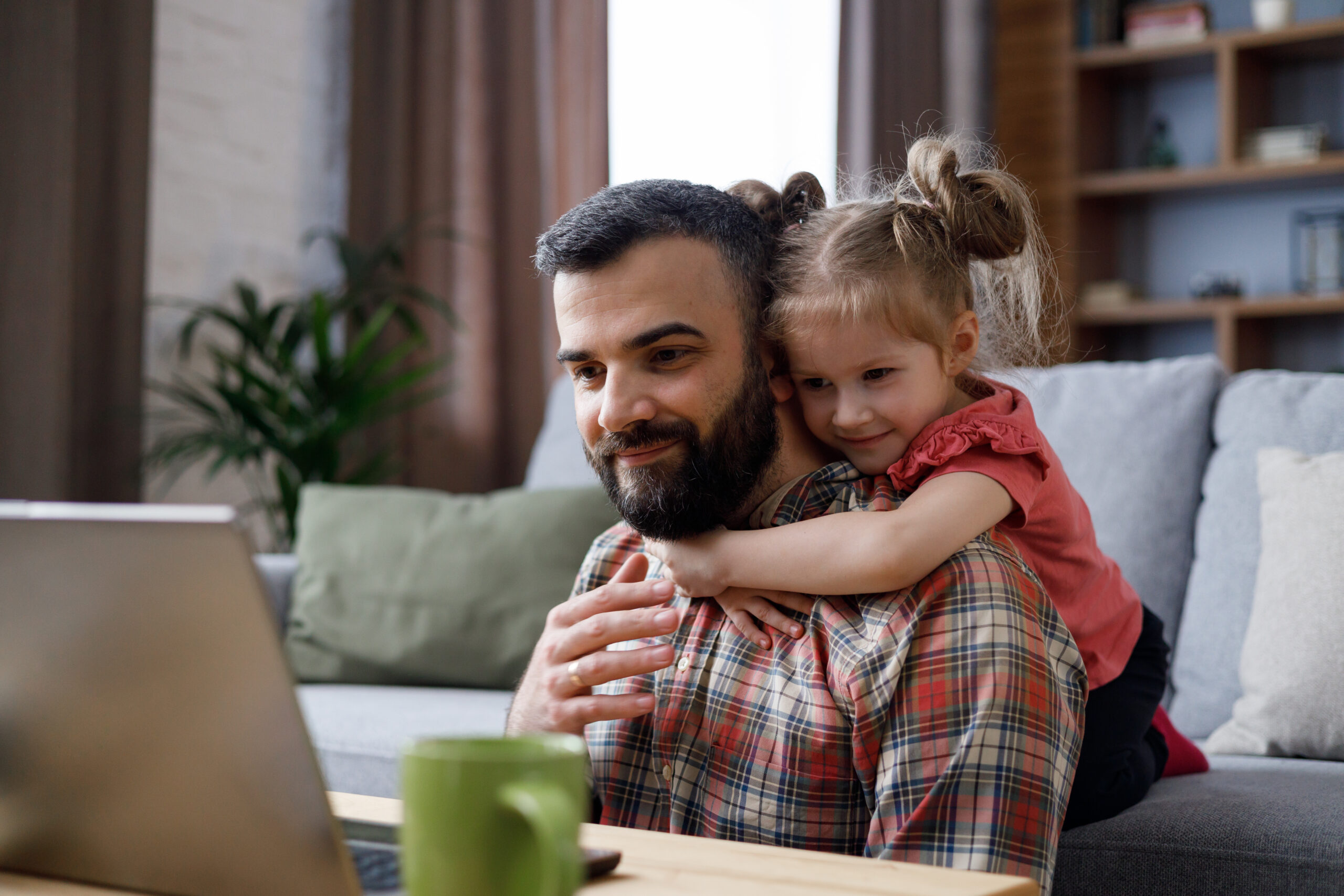Understanding Licensing Records
The Minnesota Department of Human Services (DHS) lists details about each licensed and certified child care program on its website.
Families may access a program’s licensing or certification record on their Parent Aware profile page or by searching on DHS Licensing Information Lookup. A description for each section of the License Details page is outlined below.
Families can visit the DHS webpage for licensed child care for more information about licensing requirements and practices for licensed child care centers, certified centers, and family child care programs.

Describes program information such as the program’s address, license or certification holder’s name, and the effective date of the license or certification.
Status
Describes the current status of the license or certification.
An ‘active’ status indicates that the program is currently licensed or certified to operate and is not currently under a licensing sanction (conditional, suspension, or revocation).
If the program has a current licensing sanction, the type of sanction is listed along with a statement of whether the program may operate. If the program is not legally authorized to operate at this time, the license status will indicate this.
Age for Group Family Child Care
For family child care, describes the allowed numbers of children by age group.
Capacity for Licensed Child Care
The maximum number of children allowed at the program at one time.
Restrictions
Describes restrictions or limitations of the program. For example, a family child care provider who has not completed certain training requirements may have a restriction listed for “No Infants in Care” or “No Transporting of Children Under Age Nine.” Further, this section indicates when a child care center has a temporary or conditional fire or building approval. In addition, any licensed program that is operating with a temporary provisional license while appealing a revocation will be indicated here.
Setting
Describes where the family child care program operates – which is either in a “residential dwelling,” such as the provider’s home, or in a “special family child care setting,” which includes employer-based care, church-based care, community collaborative, not-for-profit agency in a dwelling, or commercial space. The majority of family child care programs are licensed in residential dwellings.
For licensed child care centers, this section describes the child care service provided, which may include day time child care, night time child care, drop-in child care, or sick child care; and the ages of children served. For certified child care centers, this includes the ages served and whether the program operates during the school year, summer, or full calendar year.
If there are no violations found during a monitoring visit, the monitoring results on Licensing Information Lookup will indicate the date of the visit, the type of visit, and that the provider was “in compliance.” If there are violations found during a visit, the results will provide the category of violation, a plain language summary of each violation, and an explanation of how the violation was corrected. If a violation is appealed, the “How Corrected” column will show “under appeal” for that violation. Monitoring results are posted three days after the monitoring visit. Monitoring results are posted for four years.
The Department of Human Services will only post public investigative summaries (Maltreatment Investigative Memoranda) of maltreatment investigations conducted by DHS for centers when maltreatment was determined. DHS will not post investigative summaries for centers when there is a finding of “maltreatment not determined.” However, the public summary that is written and distributed to the licensed or certified provider, as required by the Maltreatment of Minors Act, remains a public document and can be given to members of the public on request.
County agencies are not required to complete a public summary for family child care maltreatment investigations. However, DHS issues a licensing action when maltreatment was determined in a family child care program. Information about a maltreatment determination for family child care programs is available on the program’s License Details page.
Licensed child care centers are licensed and monitored by the Minnesota Department of Human Services. Certified child care centers are certified and monitored by the Minnesota Department of Human Services. Family child care programs are licensed and monitored by county and tribal licensing agencies. Families who want more information about the licensing history of a particular family child care program should contact the county or tribal licensing agency.